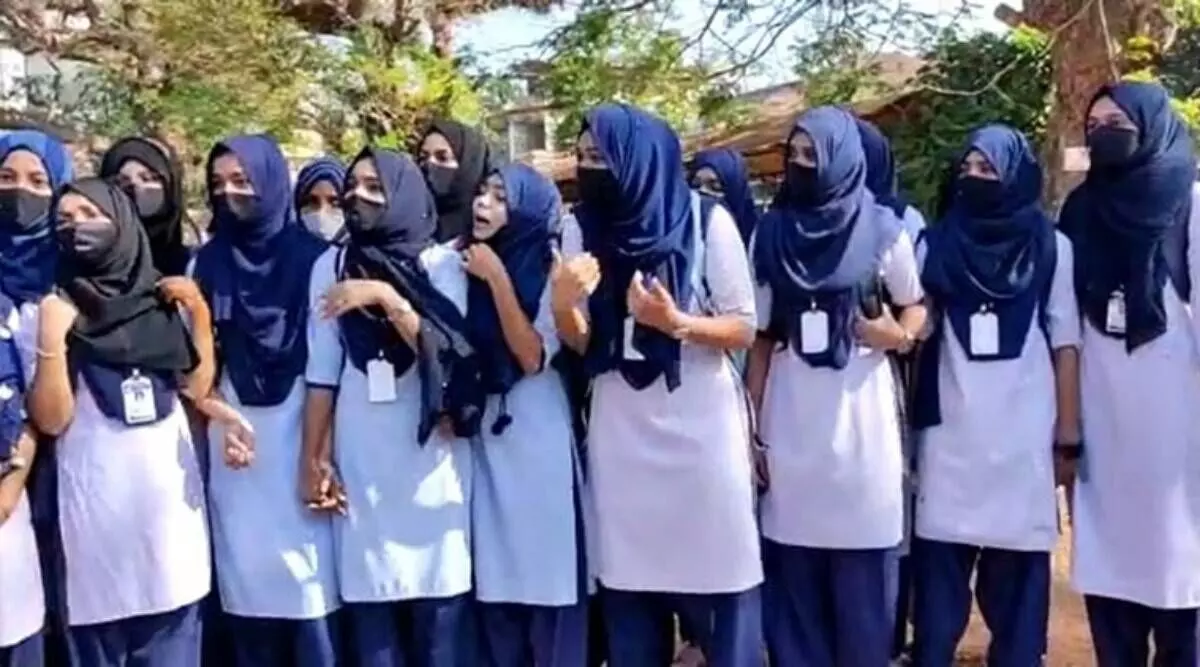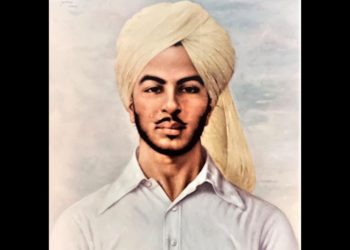
The Bharatiya Janata Party (BJP) government is now withdrawing certain educational funds which a previous Congress government had given the Muslims following the recommendations of a Commission of Inquiry into their backward status.
Earlier this week, the Modi government stopped the Maulana Azad National Fellowship (MANF) for scholars from minority communities. Minority Affairs Minister Smriti Irani told Parliament that the decision to stop was made because the MANF overlapped with other scholarship schemes.
The MANF was launched in 2009 to provide financial assistance to students from six minority communities: Buddhists, Christians, Jains, Muslims, Parsis and Sikhs, to pursue M.Phil and PhD. However, the scheme was launched primarily with the plight of the Muslims in mind as it followed the 2006 Rajinder Sachar Committee report on the overall poor status of the Muslims.
Irani pointed out while all government fellowships for higher education were open to all communities, the MANF was open only to Muslims, thus portraying at as a discriminatory measure.
Congress MP, T.N.Pratapan, told The Hindu that the withdrawal was an ” injustice” as “a number of researchers will lose their chance to study further.” The National Students Union’s Jamia Millia Islamia President NS Abdul Hameed said the move will adversely affect Muslim, Sikh and Christian students who are not considered as “Other Backward Classes” (OBCs) and given educational concessions under the OBC category in many States.
According to the All India Survey of Higher Education (AISHE) 2017-18, Muslim enrolment in higher education in India was only 5%. However, the extent of under-representation and the contributory factors differed between states, with the North Indian Muslims having the least representation.
A few days earlier, the Modi government had stopped the Pre-Matric scholarship scheme for minority students. The Central Ministry of Education said that only students studying in Classes IX and X would be eligible for its pre-matric scholarship from now on.
Protesting against this, the Tamil Nadu Chief Minister M. K. Stalin wrote to the Prime Minister pointing out that the withdrawal would affect students from classes I to –VIII. “I want to point out that this stance goes against the principle of supporting the needy in the crucial years of their early education,” Stalin said.
Under the scheme, Rs 86.76 crore was sanctioned to 4,49,559 students from Tamil Nadu State in 2021-2022. “Education is the most effective tool for empowering the poor and helping them lead dignified lives. Multiple surveys over the years have demonstrated that minorities, especially Muslims, are lagging in education.
“This scholarship supports poor, underprivileged, and highly marginalised students, including girls, to access quality education and, therefore, must be continued. I, therefore, request you to put the decision on hold and restore the pre-matric scholarship scheme to all minority students studying from 1st to 8th standard,” Stalin said.
The previous Congress government had introduced the pre-matric scholarship scheme for minority students in 2008-09. All recognised private institutions were eligible for this scheme. The recipient students should be from families with the parent/guardian’s annual income being less than Rs 100,000.
Saima Iqbal, in her Ph.D thesis for the Jamia Millia Islamia on Indian Muslims and higher education traces the history of attempts to address the issue of backwardness of the Muslims in education. She points out that in the National Sample Survey (NSS) 43rd Round conducted in 1990, it was revealed that only 2.3% male and 0.8% female Muslims had acquired graduate qualification in the country.
The 55th round of the NSS (1999-2000) found that Muslims’ participation in higher education in urban and rural areas in 1999-2000 was 3.9% and 0.8% respectively, whereas the Hindu participation rate was 11.5% and 1.8% respectively.
The Sachar Committee, set up in 2005, reported that Muslims were among the most economically, educationally and socially backward sections of Indian society.
The salient findings of the Sachar Committee were: The literacy rate among Muslims was 59.1%, which was below the national average of 64.8 %. Less than 4% of Muslims were graduates or diploma holders compared to about 7% of the total population aged 20 years and above.
It was estimated that only one out of 25 students enrolled in an undergraduate program, and only one out of fifty students enrolled in a postgraduate program was a Muslim.
Interestingly, the percentage of Muslim men enrolling for a degree course was lower than that of women. But this healthy trend in female education was sought to be stopped by the movement against hijab- wearing Muslim girl students in Karnataka by the right wing brigade.
The Sachar committee further said that there was an urgent need to enhance diversity in residential, work and educational spaces; and to make available detailed information to facilitate action and monitoring. There should also be a multi- pronged strategy to address the educational backwardness of the Muslims the committee added.
It urged the government to do something for the Muslims not for votes but for uplifting a major section of the Indian citizenry ( which is now 200 million strong). Madarsas should be transformed into modern educational centers for both religious and vocational studies. And Muslims should be provided reservation in higher education and elite institutions such as the IITs and IIMs.
The Justice Ranganath Mishra Commission identified criteria for socially and economically backward classes among religious and linguistic minorities, and suggested various welfare measures for the minorities including reservation in jobs and educational institutions.
It is, however, important to note that Muslim backwardness is a feature of the North Indian States and not those of the South. In Kerala, Karnataka, Tamil Nadu, Andhra Pradesh, and even in Maharashtra, the Muslims are well up in education. This is because they are economically better off thanks to their involvement in trade. And the pre-Independence educated Muslim middle class did not flee to Pakistan as they did in the North.
The South Indian Muslims not only remained in India but gradually invested in education at the school, university and professional levels. The privatisation of higher education in the South threw open education to Muslim entrepreneurs who set up degree and professional colleges.
In his paper entitled: Under-representation of Muslims in Higher Education: How and Why the Kerala Story is Somewhat Different? Jose Sebastian says that the emergence of the Indian Union Muslim League (IUML) as a political force in the post-independence era, and also the emergence of social reform movements, led to rapid progress in Muslim education.
Remittances of Kerala Muslim workers in the Gulf countries also greatly enabled Muslim educational advancement. And importantly, the IUML has handled the Education portfolio in most of the coalition governments since 1967. In 1968 Calicut University was established in Malabar, a Muslim-dominated district in Kerala. C.H Muhammed Koya was holding the Education portfolio during this period.




